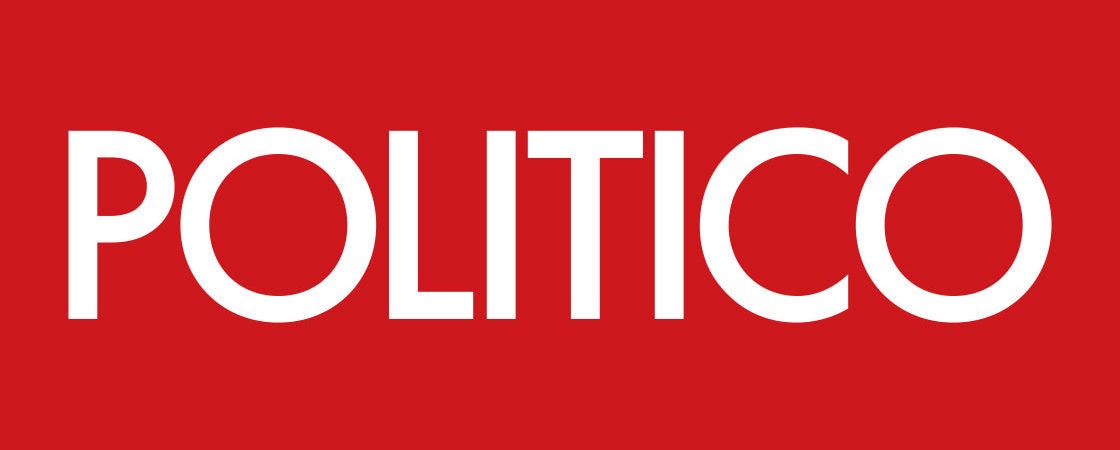SYDNEY — The EU and China have struck their long-awaited investment deal — but what is Beijing’s signature worth when it comes to trade pacts, and what does it cost?
Australia, which has descended into a nasty trade fight with China, its biggest trading partner, has some uncomfortable answers for the Europeans on these questions.
The bottom line: top-level politics trumps trade every time. Canberra’s experience shows the pitfalls of trying to balance economic policy with national security, regional politics and other interests. Many observers say a multilateral approach would be more effective than bilateral agreements in dealing with China and its “wolf-warrior” style of diplomacy, named after a popular Chinese action film.
Canberra’s landmark free-trade agreement with Beijing, signed in 2015, has done little to shield Australia from a politically motivated onslaught against its exports from the Chinese government. Despite the China-Australia Free Trade Agreement (ChAFTA), Beijing has hit Australia with a series of trade restrictions since Canberra last April called for an independent investigation into the origins of the coronavirus pandemic, which emerged from the Chinese city of Wuhan.
To read the full article from Politico, please click here

